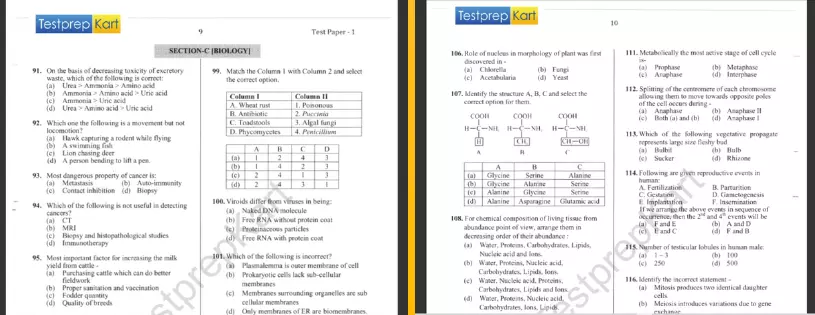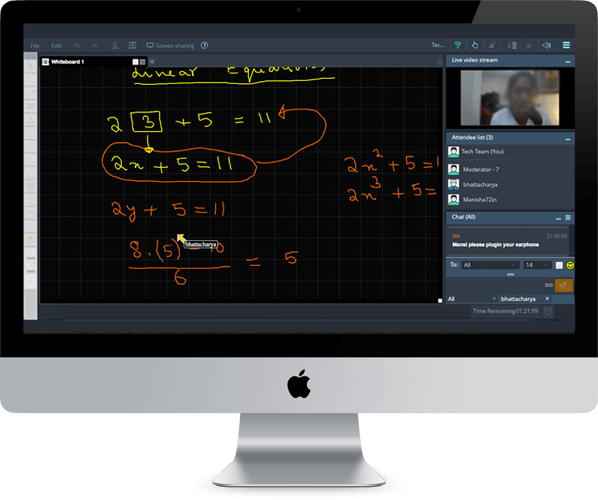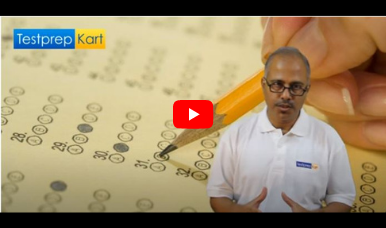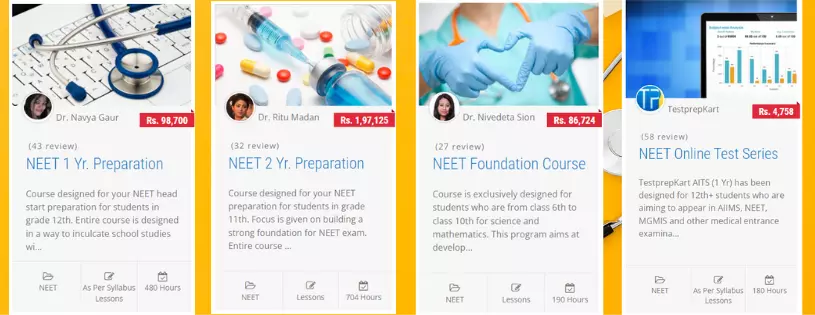NEET Preparation for Junior in Middle School
NEET stands out as one of India's most fiercely contested entrance exams for aspiring medical students. Many candidates opt to commence their preparation early to stay abreast of the escalating competition. While this serves as commendable motivation, it is equally beneficial to be propelled by a genuine desire for continuous learning and improvement.
NEET Preparation for Junior in Middle School
Commencing NEET preparation during the Junior grades doesn't imply delving immediately into advanced NEET-level concepts. Instead, it involves establishing a groundwork by focusing on fundamental principles, acquiring skills in time management and discipline, adhering to a structured routine, and ensuring a thorough understanding of basic concepts.
Get More Information for NEET Entrance Exam
NEET Preparation Strategy
1. Establish a routine
While often deemed a common piece of advice, setting a schedule cannot be emphasized enough. Many students struggle with NEET preparation during primary grades due to a lack of discipline, organization, and planning. Creating a timetable serves as the initial step in structuring your days effectively. It's crucial to be realistic in your scheduling and incorporate sufficient breaks.
2. Source quality study materials
For a strong NEET foundation, it's essential to acquire reliable study materials beyond the NCERT books. Investing in Pearson's NEET foundation series can be an excellent choice, as these books are specifically designed to facilitate quick and accurate learning. The series covers grades 6 through 10 in physics, biology, and chemistry. Notable features include concise chapter recaps, detailed diagrams, application-based learning, and a comprehensive test series.

Download NEET Preparation Sample Papers PDF
3. Adopt a strategic study approach
Given the extensive syllabus, it's imperative to prioritize essential topics. While comprehensive learning is crucial, placing emphasis on key subjects throughout the curriculum is beneficial. Additionally, understanding the syllabus, paper pattern, and chapter weightage is advantageous. Experiment with various study techniques, such as daily recitation of formulas and derivations, creating personal written notes, compiling challenging topics in Excel sheets, and more.
4. Engage in mock tests
Participating in mock tests serves a dual purpose—not only do they provide insights into your current standing, but they also cultivate the habit of taking timed exams. These tests contribute to efficient time management, allowing you to identify strengths and weaknesses. Mock tests offer an ideal platform for revisions and self-assessment of your knowledge.
NEET Eligibility Criteria
1. Qualification Requirement: Completion of 10+2 or an equivalent qualification.
2. Core Subjects: Physics, Chemistry, and Biology/Biotechnology must be pursued as core subjects during the 10+2 course.
3. Candidates in Transition: Those currently enrolled in Class XII or pursuing any equivalent qualification are eligible to apply.
4. Minimum Percentage Criteria: A minimum of 50% for General category, 45% for SC/ST/OBC candidates, and 40% for Persons with Disabilities (PWD) in the 10+2 examination.
5. Nationality Eligibility: The following individuals are eligible to apply:
- Indian Nationals
- Non-Resident Indians (NRIs)
- Overseas Citizens of India (OCIs)
- Persons of Indian Origin (PIOs)
- Foreign Nationals
Connect To Counsellor For NRI Prep Download NRI NEET eBook
NEET NRI Prep eBook
NEET NRI Preparation eBook is specially designed for the NRI students which will help students to clear some of the basic question related the NRI Quota, Preparation and others. Download the NRI NEET Prep eBook from the download button below.

Free NEET Preparation Resources















